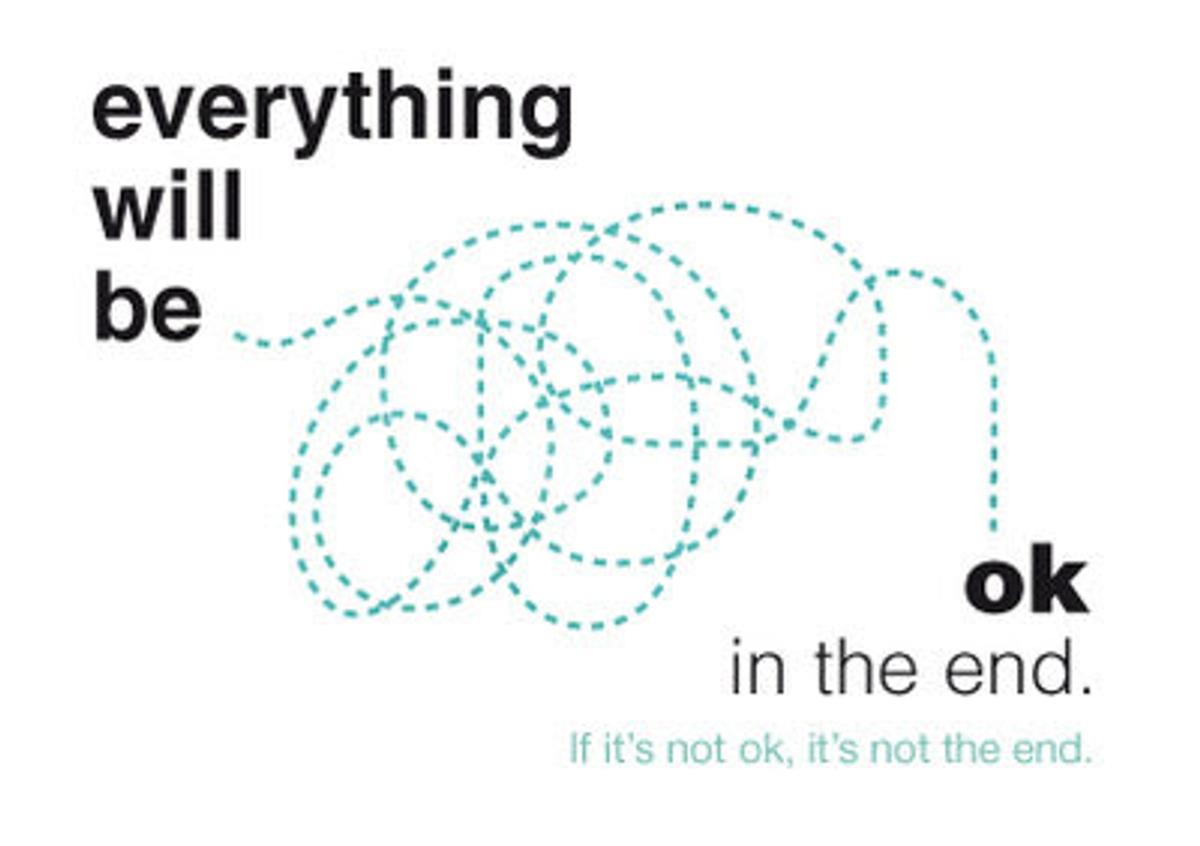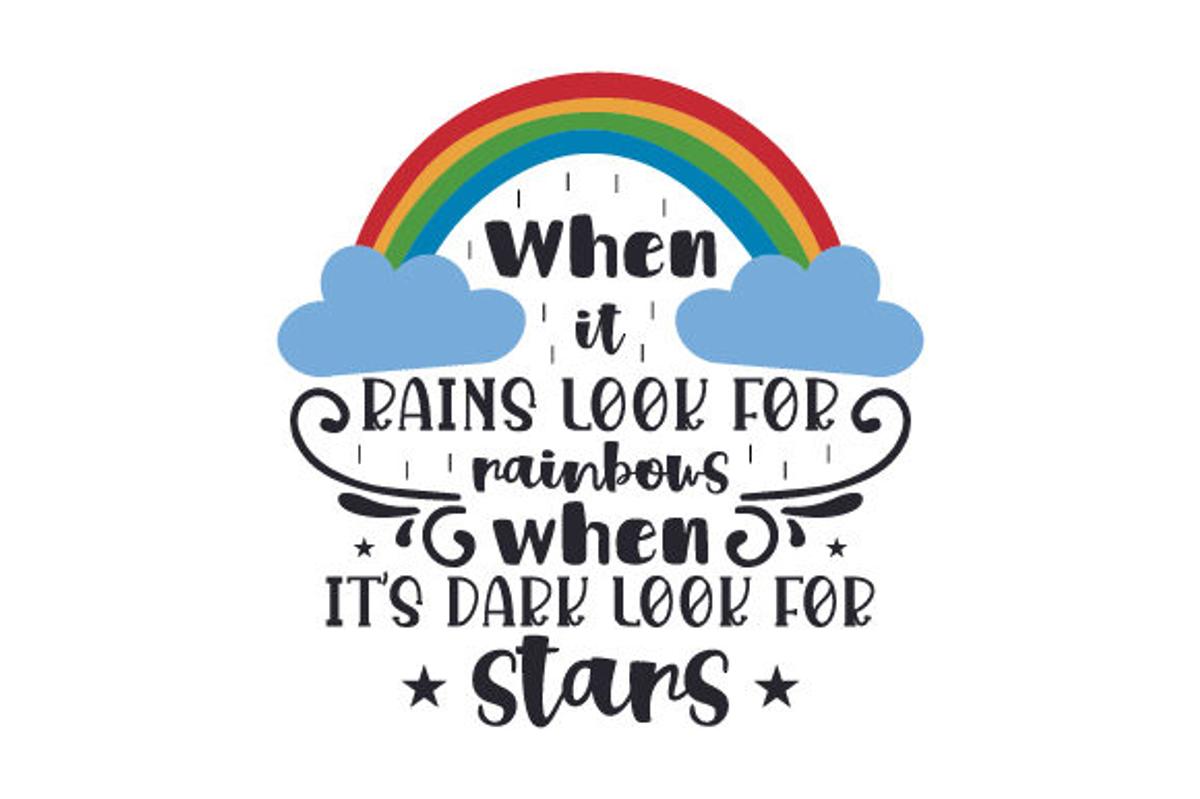Counsellor and Well Being News

We have been faced with many difficult, emotional and unprecedented times recently. Whether it be the big adjustments and changes to our usual way of life and routine due to Covid-19 restrictions, the loss of friends and loved ones, loss of employment, financial troubles, ill health/injury, or many other challenges we face as we are navigating our way through life.
It is important to remember these feelings of anger, depression, anxiety, guilt or sadness during these times are very normal, and we should never try to ignore those feelings. But problems arise when we become stuck in those emotions. It is important to remember we have a choice in how we respond to difficult times. We can shut down emotionally and become hardened by it or we can grow from the experience.
Process Feelings
Learning and growing from an experience doesn’t mean denying our feelings. Some people try to avoid negative emotions, and that can be a problem. Often when we try to bury our feelings or thoughts, it can actually make them stronger and prevent us from moving out of that distressing emotion.
Feeling leads to healing. When we push away, suppress, or criticize ourselves for having emotions, it comes with a very high cost: our health. Deciding to bury your feelings, ignore them, internalize them, pretend they didn't happen, or convince yourself that there is no need to deal with them can literally make you sick from the stress.
Instead talk about your feelings to a friend, a family member or a professional. Give yourself time and space to feel what you are feeling. Allow the feelings to come - cry, grieve, then it becomes possible to work through them.
Develop a Healthy Coping Strategy
One strategy for processing emotions is expressive writing or journaling. This technique has been shown to reliably improve both psychological and physical health by reducing stress and enabling us to reframe the events we’re experiencing. When writing, we place ourselves in the role of the hero or heroine, not the victim, and as a result it allows us to shift our perspective and find new meaning in our experiences.
Writing about what we’ve been through and the meaning we’re making from the experience, allows us to make sense of our experience and often find the silver lining in the situation.
Consider asking yourself:
- What do I want to be about in the face of this difficulty?
- What would the person I want to be do right now?
- What is the gift from this experience?
Another strategy to help as we’re in the midst of the experience is affirmations – short phrases we can repeat to ourselves to give us hope like:
Think about a time when you were worried or struggled and ultimately, it went better than you expected, all those challenges you’ve overcome, all the difficulties you’ve navigated and reflect on that part of you that has gotten you through. We can all call on those moments at a later date to remind us that we are stronger than we think.
It’s especially helpful when our thinking turns negative and there is a lot of self-doubt, fear or overwhelm. Connecting back with and remembering those past successes with our inner strength is stronger than any doubts or negative thoughts we might be having about our current difficulty.
Prioritize Self-Care
When we do something that makes us feel good in a healthy and constructive way, it can improve our mindset. And there is the additional benefit that often in times of crisis we feel powerless because there may not be anything we can do. Taking care of ourselves is one thing we have control over and we can feel confident we’re doing our best to take care of our self. Really simple things like sleep, diet and exercise is a great place to start. Work towards new goals and dreams. Small daily action steps can give you that sense of purpose and progress and structure that you need.
Gratitude and Giving
Focus on things that you are grateful for and share that gratitude with those you care about. Check in on friends and tell them how important they are to you. Thank people for what they have bought to your life or how they make you feel.
Remember there are great benefits in giving to the giver not just the person receiving. It is proven to improve mental health, physical health and generally makes you feel good. So, get involved in doing things for others – whether it be writing letters for people isolated from families and friends during this time, share positivity or kindness or charity/fundraising activities.
It’s STEPtember – get involved by getting some exercise or donating money to this or other good causes.
Support
Remember to reach out for extra support during this difficult time, there are people who will be there for you and there are those who have been through something similar who can share their perspective and encouragement. And if you find yourself stuck and struggling, don’t hesitate to reach out to a professional.
There are many supports available including:
headspace 1800 650 890 Accessline 1800 800 944
Kids Helpline 1800 55 1800 Lifeline 13 11 14
Parent Line 13001300 52 Mental Health Access Line 1800 011 511
School TV can also offer information on a range of topics from many leading specialists and organisations.
We can’t control how much it rains, but we can make a decision - let ourselves get wet or break out the umbrella. And remember to look for the rainbows.
Karen Surian
College Counsellor/Social Worker





